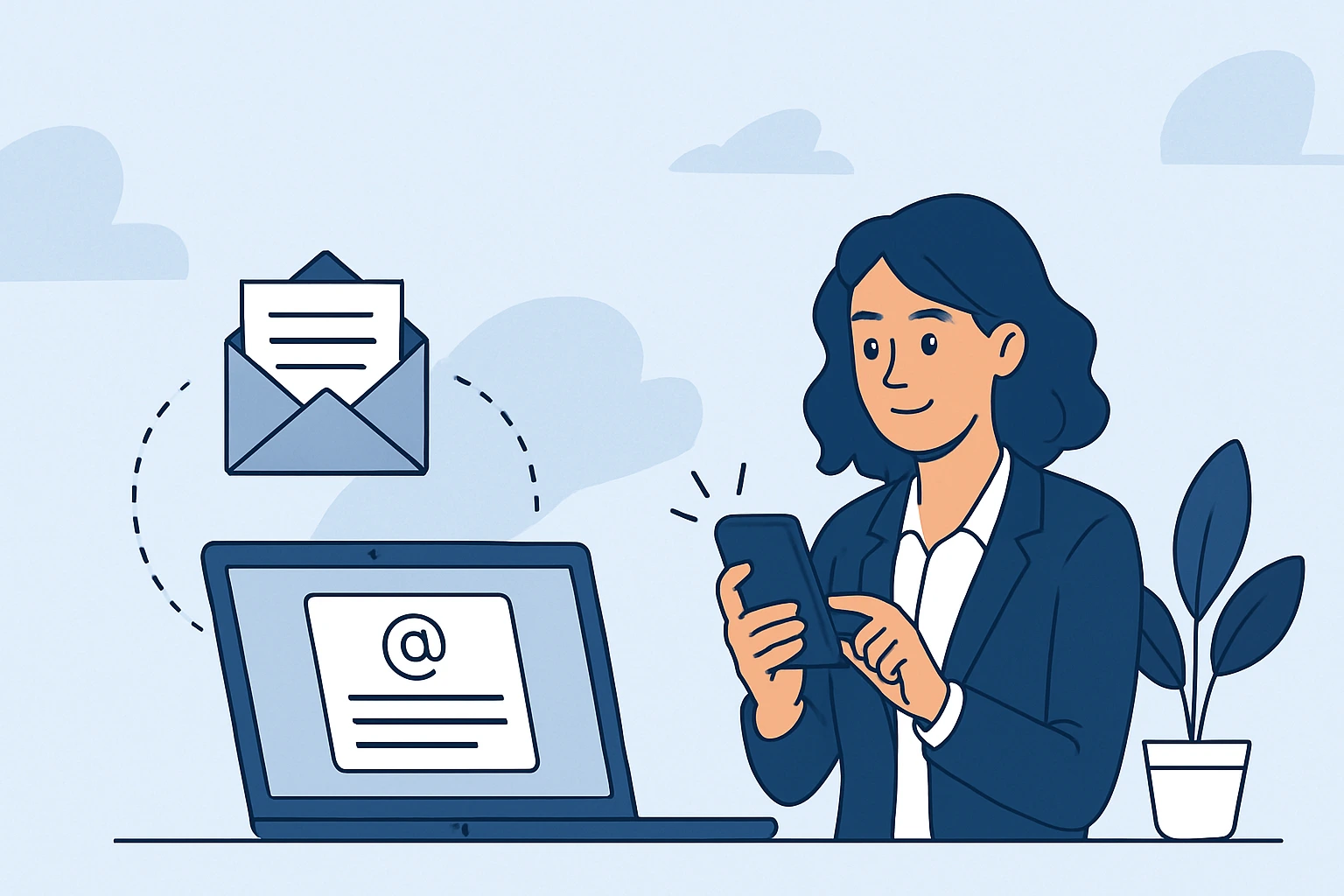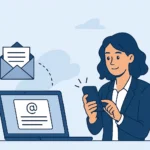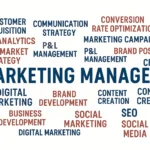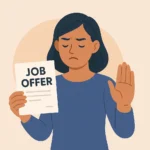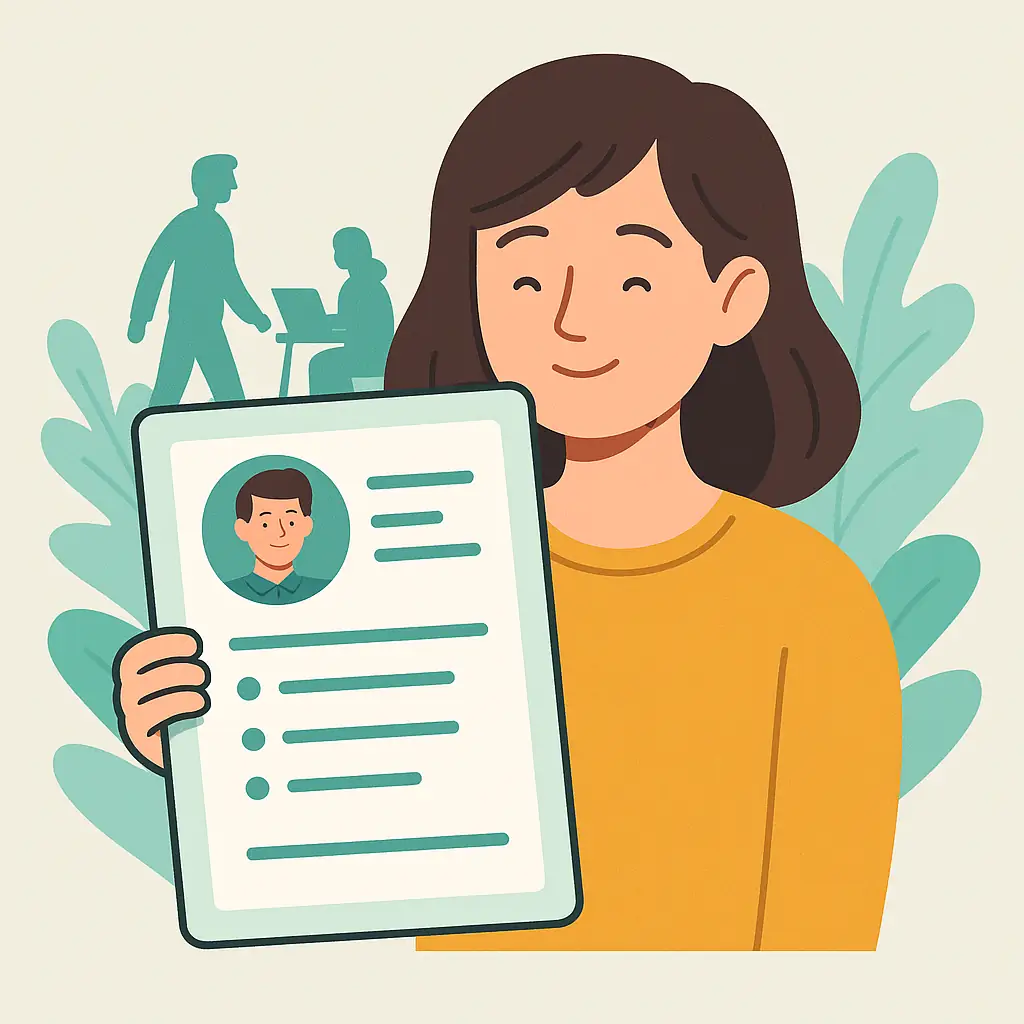You landed and nailed the interview! Now what?
Securing a job interview is a big step forward. But what you do after the conversation can be just as important as the interview itself. Many candidates assume their work ends once they’ve shaken hands and left the room and overlook the power of a thoughtful follow-up. Not only does it show professionalism, gratitude, and genuine interest, but it can also leave a lasting impression on hiring managers. It is something many jobseekers overlook.
In reality, knowing how to follow up after an interview can be the difference between getting an offer or being forgotten.
In this article, I’ll walk you through:
- Why following up matters
- When to send a follow-up email
- What to include in the email
- How to write the follow up email
- Example email templates you can adapt
By the end of this article you will know what to include to keep you top of mind, if not, the top candidate.
Why Following Up Matters
Hiring managers often meet several candidates in a short timeframe. A timely, well-crafted follow-up:
- Demonstrates initiative, follow-through, and courtesy
- Reinforces your enthusiasm for the role
- Gives you a chance to restate why you are the top candidate
- Strengthens rapport with the interviewer
- Keeps you memorable and sets you apart in a competitive pool
Following up is not pushy when done professionally. Instead, it signals confidence and interest to continue the conversation.
According to a survey by CareerBuilder, 22% of employers are less likely to hire someone who doesn’t send a thank you note or email.
When to Send a Follow-Up Email
The general rule: within 24 hours of your interview. This ensures your conversation is still fresh in the interviewer’s mind.
- Right after the interview: Jot down notes about what stood out, including specific topics you discussed or company initiatives mentioned. These details will personalize your email.
- If you haven’t heard back: A polite second follow-up is appropriate about one week after the timeline they gave you (or two weeks if no timeline was mentioned).
Ready to Land Your Next Job?
Don’t let your resume get lost in the stack. Build a professional, ATS-friendly resume that highlights your leadership, achievements, and industry expertise.
What to Include in the Follow-Up Email
Here are some key items:
- Use a clear subject line – Example: “Thank you for the opportunity – [Your Name]”
- Address the interviewer by name – Double-check spelling and titles.
- Express appreciation – Thank them for their time and insights.
- Keep it concise – Hiring managers appreciate brevity; get to the point in a few sentences.
- Be professional – Maintain a respectful tone, avoiding casual or overly familiar phrasing.
- Personalize the message – Reference something you discussed in the interview.
- Reinforce your fit – State your continued interest and why you’re a strong candidate for the role.
- Close professionally – End with a courteous sign-off, such as “Best regards,” and include your contact information.
How to Write a Follow Up Email After an Interview (Template)
Here are a few simple structures you can adapt when you write your interview follow-up email.
Short and Simple Follow Up
This version works well if the interview was very conversational or if you’re sending to multiple interviewers.
Subject Line: Thank you for the opportunity
Email Body:
Dear [Interviewer’s Name],
Thank you for taking the time to meet with me about the [Job Title] role. I enjoyed our conversation and learning more about [company name].
I’m excited about the possibility of contributing to your team and would welcome the opportunity to bring my [specific skill or strength] to the position.
Best regards,
[Your Name]
[Your Phone]
[Your Email]
Detailed Follow-Up Email
Use this when you want to highlight a few key strengths or directly connect your skills to the employer’s needs.
Subject Line: Thank you for the interview – [Your Name]
Email Body:
Dear [Interviewer’s Name],
I truly appreciate the opportunity to speak with you about the [Job Title] position. Our discussion about [specific detail or project mentioned in the interview] was especially engaging, and it confirmed my strong interest in the role.
I believe my background in [relevant skill/experience] would allow me to contribute immediately to [company initiative/team goal]. For example, in my previous role at [prior company], I [brief accomplishment relevant to the new job].
Thank you again for your time and consideration. Please don’t hesitate to reach out if I can provide additional information. I look forward to the possibility of joining your team.
Best regards,
[Your Name]
[Your Phone]
[Your Email]
“Checking In” Follow-Up (If You Haven’t Heard Back)
Send this politely if the stated decision date has passed, or it’s been about one to two weeks with no update.
Subject Line: Following up on [Job Title] interview
Email Body:
Dear [Interviewer’s Name],
I hope you’re doing well. I wanted to follow up regarding my interview for the [Job Title] position on [date]. I remain very enthusiastic about the opportunity to contribute to [organization name] and am eager to bring my [specific skill/strength] to your team.
I understand the hiring process takes time, but I’d be grateful if you could share any updates on next steps.
Thank you again for your time and consideration. I look forward to hearing from you.
Best regards,
[Your Name]
[Your Phone]
[Your Email]
Common Mistakes to Avoid
- Waiting too long: Sending your follow-up days later can signal disinterest.
- Being generic: Be authentic and personalized, as copy-paste messages show unengagement.
- Sounding pushy: Express enthusiasm without demanding updates or pressuring for a decision.
- Writing a novel: Long-winded emails risk losing the reader’s attention.
- Forgetting to proofread: Typos and mistakes can leave a poor impression.
Final Thoughts
Knowing how to send a follow-up email after an interview is a small but powerful way to stand out among equally qualified candidates. By sending a thoughtful, timely, and personalized message, you reinforce your professionalism and stay top of mind.
Remember: hiring isn’t only about skills. It’s about communication, reliability, and the impression you leave behind. Following up correctly to set you apart and keep the doors open.
The interview might be over, but your opportunity to influence the hiring decision isn’t.

